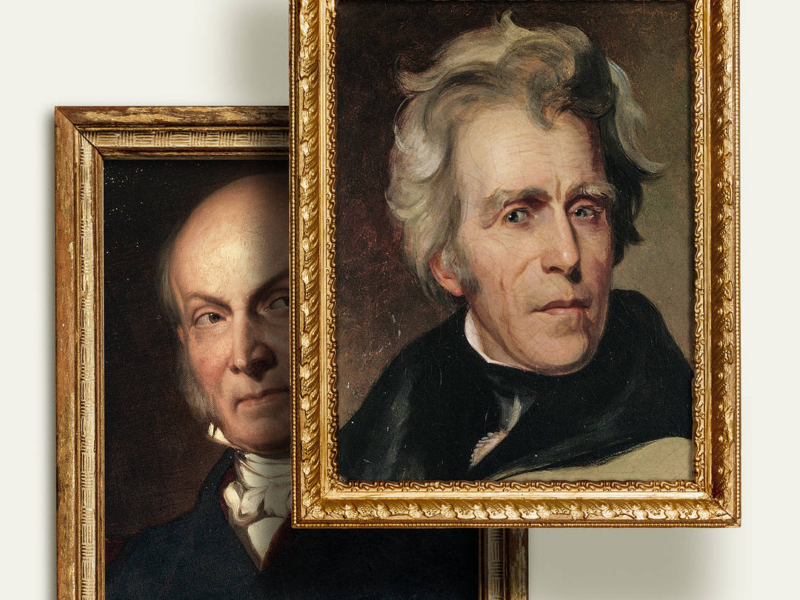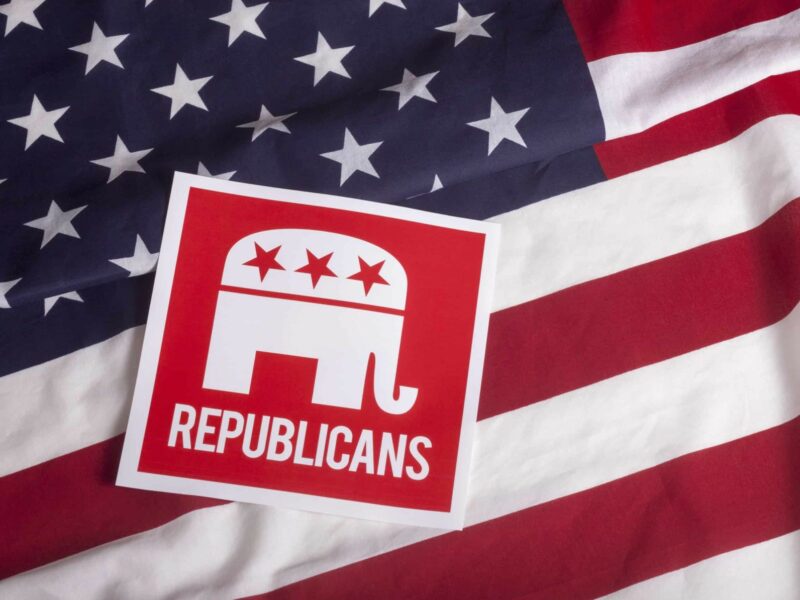Who was the president during WW2 and the great depression? Franklin D. Roosevelt, often referred to by his initials FDR, was the 32nd President of the United States, serving an unprecedented four terms in office from 1933 until his death in 1945. He was a central figure during two of the 20th century’s most significant events: the Great Depression and World War II. Roosevelt’s presidency marked a profound change in American political and social life, introducing policies and programs that reshaped the role of the federal government in the lives of its citizens.
Early Years and Political Rise
Born on January 30, 1882, in Hyde Park, New York, Roosevelt was a distant cousin of the 26th president, Theodore Roosevelt. Coming from a wealthy family, he was educated at Harvard University and Columbia Law School. Roosevelt entered politics as a Democrat, serving as a New York state senator, Assistant Secretary of the Navy, and Governor of New York before winning the presidency in 1932.
The Great Depression
When Roosevelt took office in March 1933, the United States was in the depths of the Great Depression. Unemployment rates were at an all-time high, banks were failing, and despair was widespread. In his inaugural address, Roosevelt famously declared, “the only thing we have to fear is fear itself,” setting the tone for his approach to the crisis.
Roosevelt’s response to the Great Depression was the New Deal, a series of programs, public work projects, financial reforms, and regulations enacted between 1933 and 1939. The New Deal aimed to provide relief for the unemployed and poor, recovery of the economy to normal levels, and reform of the financial system to prevent a repeat depression. Notable programs included the Civilian Conservation Corps (CCC), the Works Progress Administration (WPA), and the Social Security Act.
World War II
Roosevelt’s leadership extended into World War II, making him a wartime president. Initially, the United States remained neutral, but Roosevelt’s administration provided significant support to the Allies through programs like the Lend-Lease Act. After the Japanese attack on Pearl Harbor on December 7, 1941, Roosevelt asked Congress for a declaration of war, stating it was “a date which will live in infamy.”
During the war, Roosevelt played a crucial role in planning strategy with Allied leaders such as Winston Churchill and Joseph Stalin. He was instrumental in establishing the United Nations and laid the groundwork for post-war peace even as he led the United States through the conflict.
Domestic Policies During War
Even as the war consumed his attention, Roosevelt continued to implement domestic policies. He signed the GI Bill in 1944, which provided benefits to World War II veterans, including low-cost mortgages, loans to start a business, and tuition and living expenses for further education.
Health and Death
Roosevelt’s health had been deteriorating for years before World War II ended. He suffered from polio, which left him paralyzed from the waist down, a fact that was largely kept from the public during his life. On April 12, 1945, Roosevelt died of a cerebral hemorrhage at his retreat in Warm Springs, Georgia, just months before the war ended. His death marked the end of an era in American politics and left Vice President Harry S. Truman to navigate the final stages of World War II and the beginning of the Cold War.
Legacy
Roosevelt’s legacy is vast. He transformed the American presidency and expanded the power of the federal government through his New Deal policies, which had a lasting impact on American society. His leadership during World War II was pivotal in the Allied victory. Roosevelt’s ability to communicate with the American people, especially through his “fireside chats,” helped to restore public confidence during the darkest days of the Depression and the war.
Franklin D. Roosevelt remains one of the most consequential figures in American history, revered for his leadership during two of the nation’s gravest crises. His presidency not only reshaped the United States domestically and on the world stage but also redefined the expectations for all who would hold the office after him.


